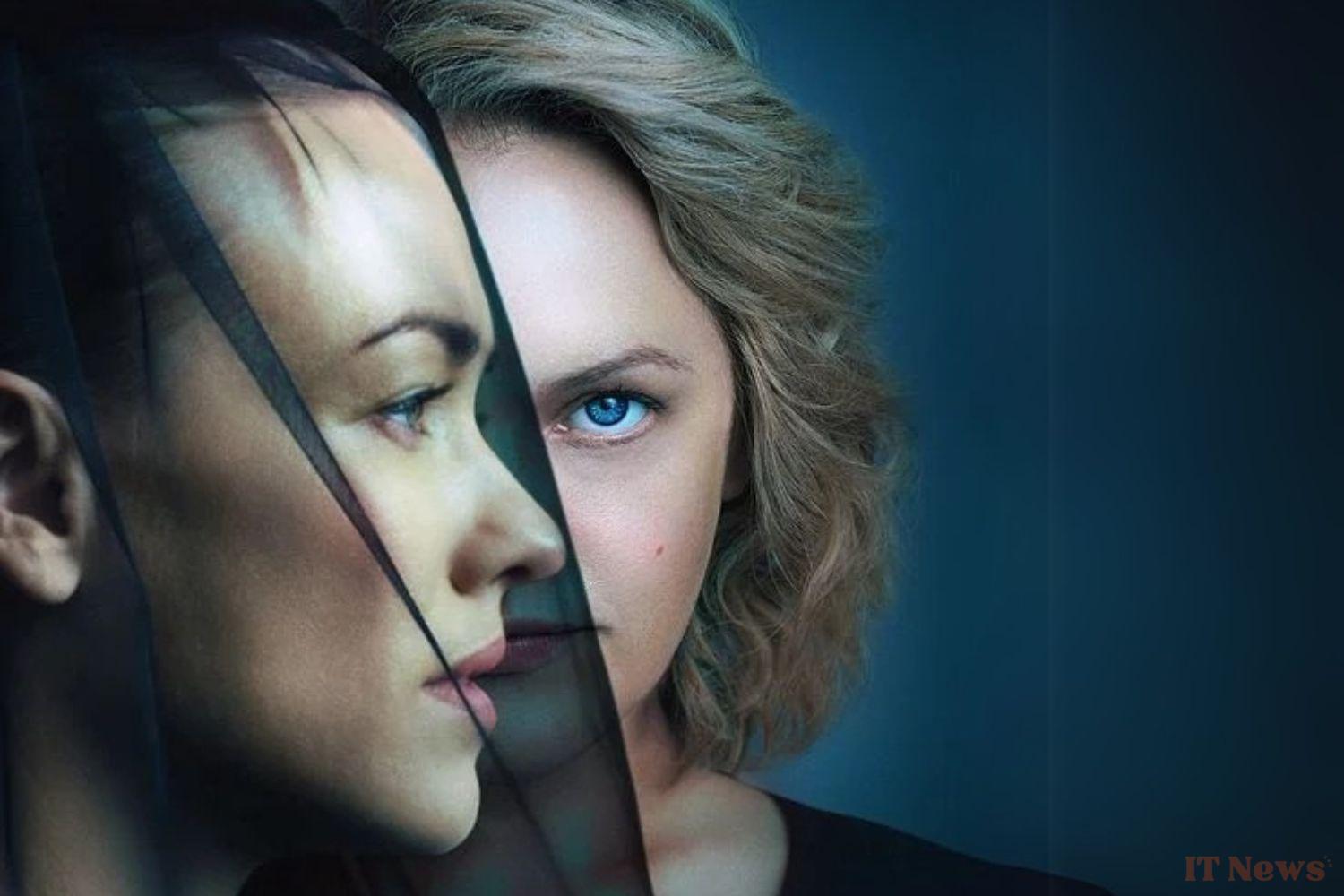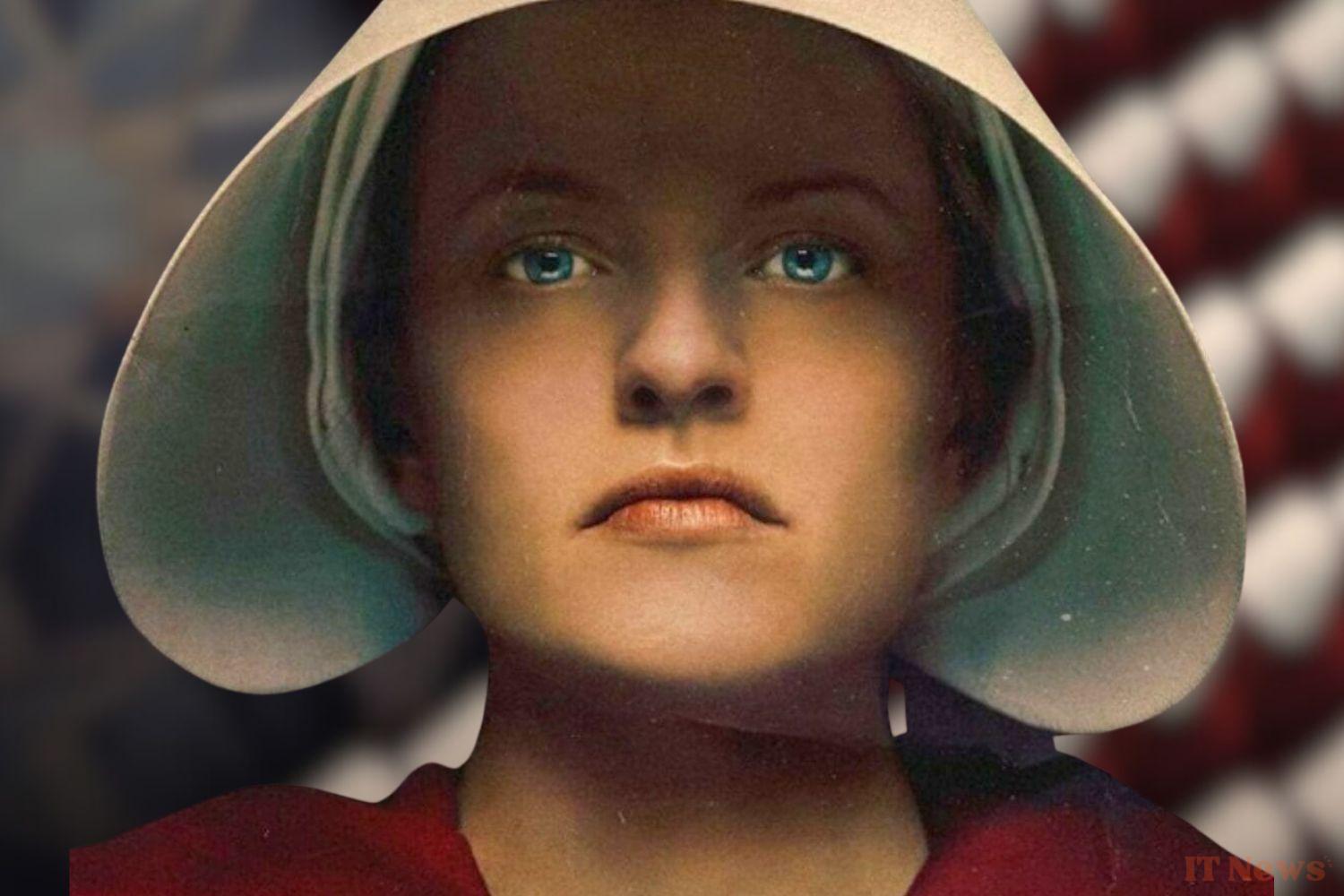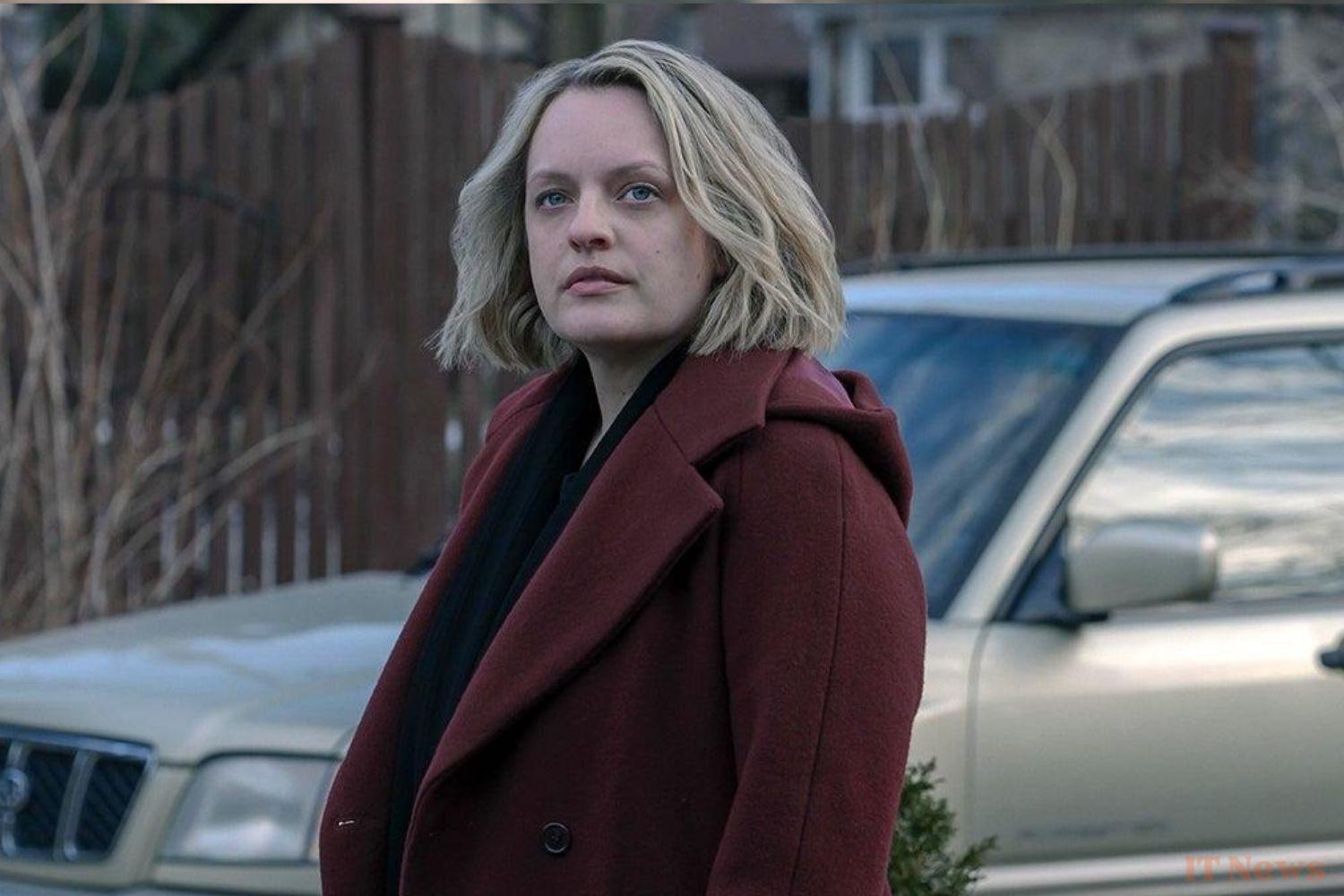Adapted from Margaret Atwood's novel The Handmaid's Tale, The Handmaid's Tale is undoubtedly one of the most chilling dystopias of its generation. At once distant and very (too) close to us, how does the series, which is about to conclude on a masterful note, manage to plunge us into this indescribable feeling of unease?
A frightening mirror on the fragility of (women's) rights
What makes The Handmaid's Tale so terrifying is first of all its anchoring in our world, and the ease with which the series descends into totalitarian horror. The Republic of Gilead, a theocratic and ultraconservative regime, was established not after a spectacular apocalypse, but through a series of laws and crises that gradually erode fundamental rights. The series of attacks that led to the Sons of Jacob taking power is merely the conclusion of a slow shift in morality and the Overton Window in American society. An insidious, almost banal progression that echoes the current political situation. The series shows how women are deprived of their jobs, their financial autonomy, and then their very identities. This shift is all the more frightening because it relies on mechanisms already present in our societies: the rise of extremism, the instrumentalization of religion, the control of bodies, and widespread surveillance. The Handmaid’s Tale is not classic science fiction, but rather the speculative fiction dear to Margaret Atwood: everything that happens in the novel and in the series could really happen, with the means already available to humanity.
Faced with demographic decline, the rise of conservatism
The power of the series lies in its discourse on the condition of women. In Gilead, women are reduced to their biological function: to procreate for the survival of the species, in a context of ecological crisis and falling birth rates. They are classified into rigid castes, and deprived of any power over their bodies. The Handmaids suffer ritual rape, humiliation, and public punishment. For other women, the situation isn't much better: even wives are forbidden to read, under penalty of being severely mutilated.
The series doesn't just depict physical violence: it also explores emotional abuse, alienation, and mental manipulation. Aunt Lydia embodies this collective will to break down all resistance through guilt, shame, and terror. Women become complicit in their own oppression, absorbing the regime's values to the point of losing themselves in them. This is undoubtedly what is most chilling about the series: behind a few sisterly glimmers of hope, mistrust and fear push women to turn against each other.
A political and social warning
The series aired at a time when women's rights were already being called into question, particularly in the United States, with restrictive policies on abortion and contraception. The rise of conservative discourse is no longer fiction, and many see the futuristic saga as a dire prophecy of what certain democracies could become in the event of a crisis or major political shift.
The strength of The Handmaid's Tale is also to remind us that rights are never taken for granted and that history can change at any moment. The flashbacks, showing the characters' former lives, highlight how quickly and easily a society can descend into barbarism, simply through collective inaction.
A dystopia that stares us straight in the face
If The Handmaid’s Tale frightens us so much, it’s also because it highlights universal themes: the fragility of human rights, the danger of totalitarian societies, the loss of identity, and individual responsibility in the face of oppression. The series’ success lies partly in its ability to resonate with current struggles for equality, freedom, and social justice. But this is also what makes the story so terrifying.
The misadventures of June Osborne are frightening because they don't offer us the escape of fantasy or the distant. The series shows us a possible future, built on the flaws and excesses of our present. A chilling dystopia, but more than necessary in our time.





0 Comments